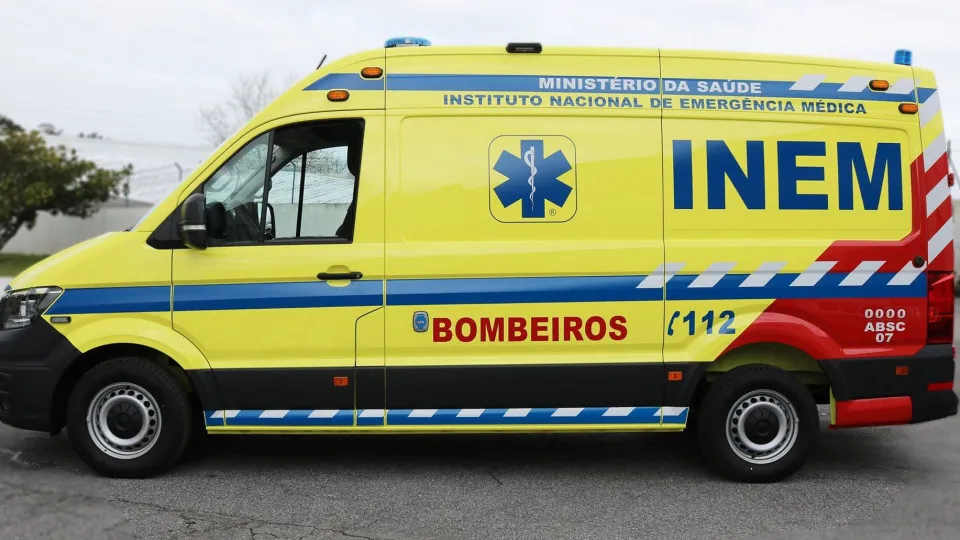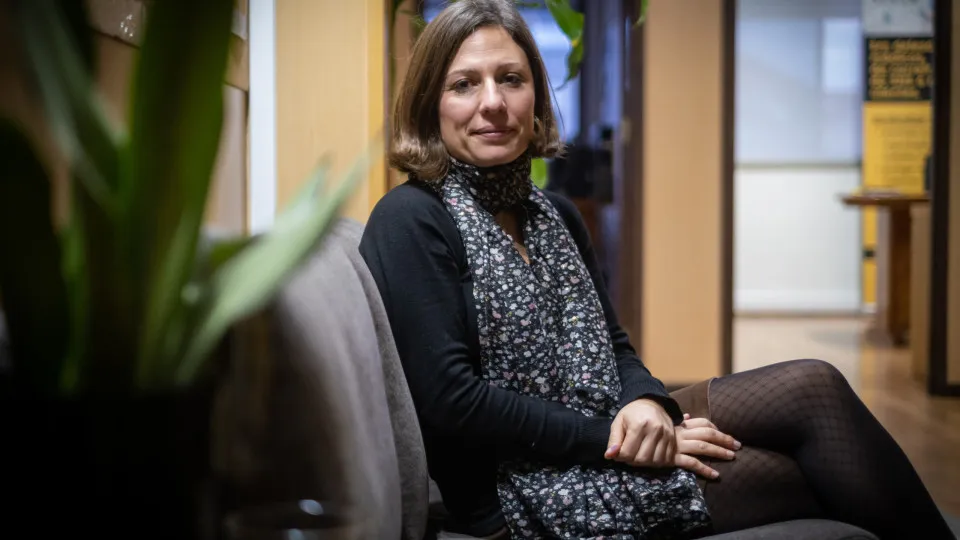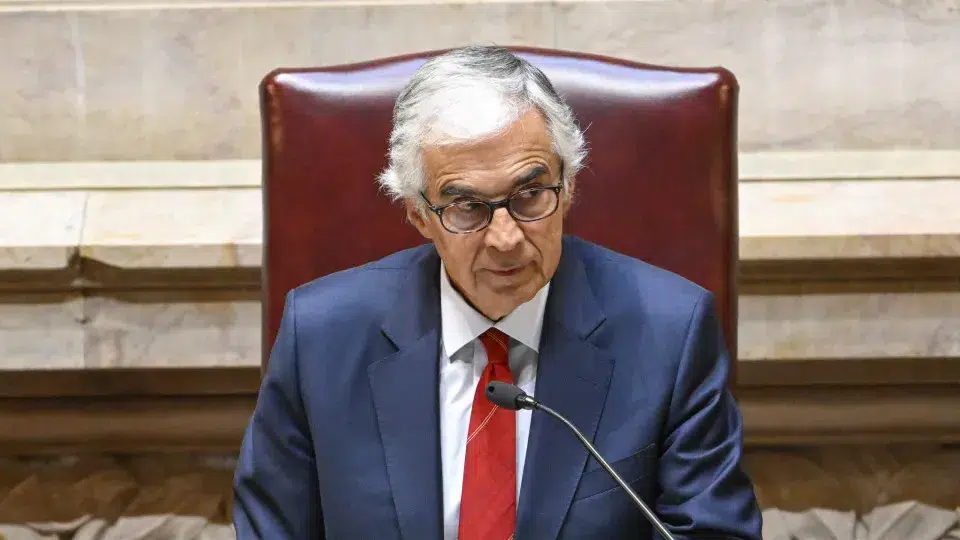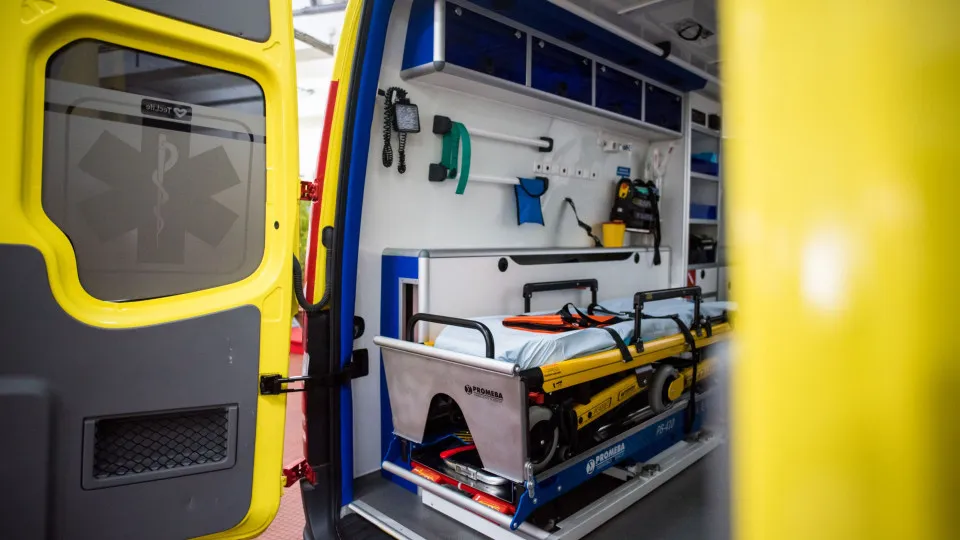
The president of ANTEM, Paulo Paço, has expressed concern over the proposals put forth by the medical and nursing orders regarding the future of the Integrated Medical Emergency System (SIEM). Paço criticized these groups for attempting to “perpetuate a system that has consistently shown various failures.”
The proposed measures include enhancing resources at the Urgent Patient Guidance Centers (CODU) of INEM, specifically by increasing the presence of doctors and nurses. Paço raised questions about how this could be achieved given the current shortages of these professionals in hospitals and health centers. He advocated for a reformulation of the training system.
“We believe it’s necessary to shift from a training system to an educational system for pre-hospital medicine, which is supported by scientific evidence globally, focusing on pre-hospital emergency technicians, medical emergency technicians, and advanced technicians. The latter is a role that has caused some controversy in Portugal, which is the paramedic,” Paço stated.
He argued that increasing the number of trained individuals in these fields would ensure greater equity in access to advanced life support. Paço noted that currently, “The number of vehicles capable of advanced life support, or even intermediate or immediate support as it’s commonly referred to, is significantly insufficient.”
Paço highlighted INEM reports indicating that over 20,000 people were left without specialized assistance last year.
The president of the Portuguese Society of Pre-Hospital Emergency, Carlos Silva, also questioned the medical and nursing orders’ proposals, suggesting that “the orders don’t need to validate education programs that are already internationally recognized.”
Silva cited the United States as “the pioneering country” in this area, stating that “the skill and science of street emergency response are handled by highly experienced paramedics, so it’s not the medical or nursing orders’ role to validate programs already approved by more competent individuals in this field.”
Silva remarked that “Portugal has a poor-quality emergency system” and needs “an effective medical emergency service,” achievable only through “properly qualified medical emergency technicians who must be part of the firefighters,” who, together with the Red Cross, respond to over 85% of cases.
Rui Lázaro, president of the Union of Pre-Hospital Emergency Technicians (STEPH), criticized the proposals from doctors and nurses, stating they are “about 10 years behind.”
“For at least 10 years, there have been multiple intervention levels, including pre-hospital emergency technicians that provide differentiated medical emergency care across the more than 60 INEM ambulances and 12 motorcycles. This joint note apparently ignored this, mentioning only basic life support, immediate life support, and advanced support levels,” Lázaro said.
Lázaro emphasized that pre-hospital emergency technicians in Portugal undergo the most extensive medical emergency training, including more training than doctors and especially nurses.
Referring to Immediate Life Support—a network of ambulances with teams of technicians and nurses—he underscored that this system was introduced in 2007.
“They took healthcare professionals accustomed to hospital or health center settings, gave them a month of training, and placed them in emergency hospital duties,” he explained.
Lázaro highlighted a 2016 initiative to focus on Pre-Hospital Emergency Technicians (TEPH) and mentioned that INEM recently signed a protocol with medical schools to outsource TEPH training to these educational institutions.
He underscored the importance of “empowering those who handle more than 85% of the service in Portugal,” namely firefighters and the Red Cross, “to provide differentiated care in all system ambulances,” a factor he claimed was “overlooked” in the doctors’ and nurses’ joint proposal.
The STEPH president argued that the professional orders’ role is to “regulate and oversee the exercise of a profession,” asserting that in their proposals, they “are overstepping their competencies.”




